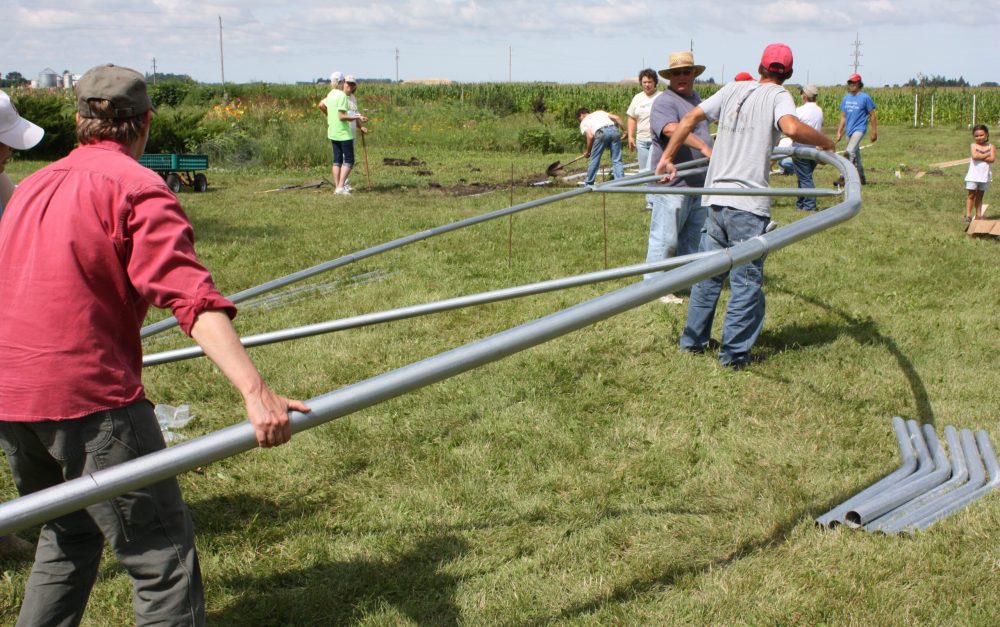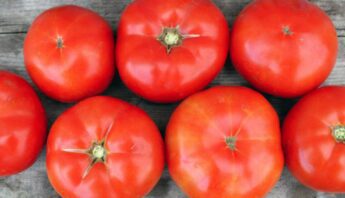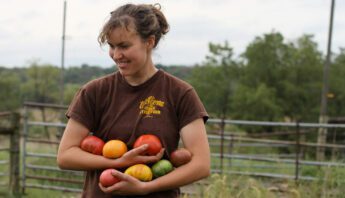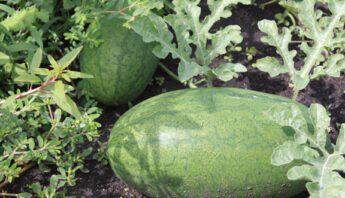Many people like to glorify the efforts of small-scale, diversified producers of quality food. They like to point to the willingness of these growers to work with, rather than against, nature. Some, myself included, believe that this sort of farming, using many of the principles of agroecology, is a key component for building a healthier, more just world.
Many people like to glorify the efforts of small-scale, diversified producers of quality food. They like to point to the willingness of these growers to work with, rather than against, nature. Some, myself included, believe that this sort of farming, using many of the principles of agroecology, is a key component for building a healthier, more just world.
But, let me tell you a secret — this kind of farming isn’t simple and it isn’t easy. There are times when even the most dedicated individual will question themselves and their vocation.
There are stewards in this world
A recent conversation with a respected colleague reminded me of the strength of those who work with the land and the continuous struggle they must face to steward their small-scale, diversified farms.
People who try to raise food in this way are a rare breed that work incredibly hard to put their ideals into action. They also do this difficult work so they can earn a reasonable living. But, they stick with their operations because they love and believe in what they do.
The work requires a broad range of skills, with tasks ranging from marketing and story-telling in the effort to sell product, to horticulture (cultivating plants), entomology (studying insects), and small-engine repair. There are many points each season when the job is all-encompassing. The rare moments in time when a grower feels as if they are “caught up” don’t last more than a couple of minutes. One blink and the farm once again can feel like it is on the brink of disaster.
And that’s how the best of us feel much of the time on our farms. The burden that stewards of the land feel is heavy. And you wouldn’t know it by looking at us — unless you are also one of us.
Yet, despite the weight of the tasks in front of them, there are even more people who are called to be stewards of the land who are not given the opportunity to do so. There could be so many more of us if they were given the chance to join. But access to land, start-up capital, and systemic barriers often stand in the way.
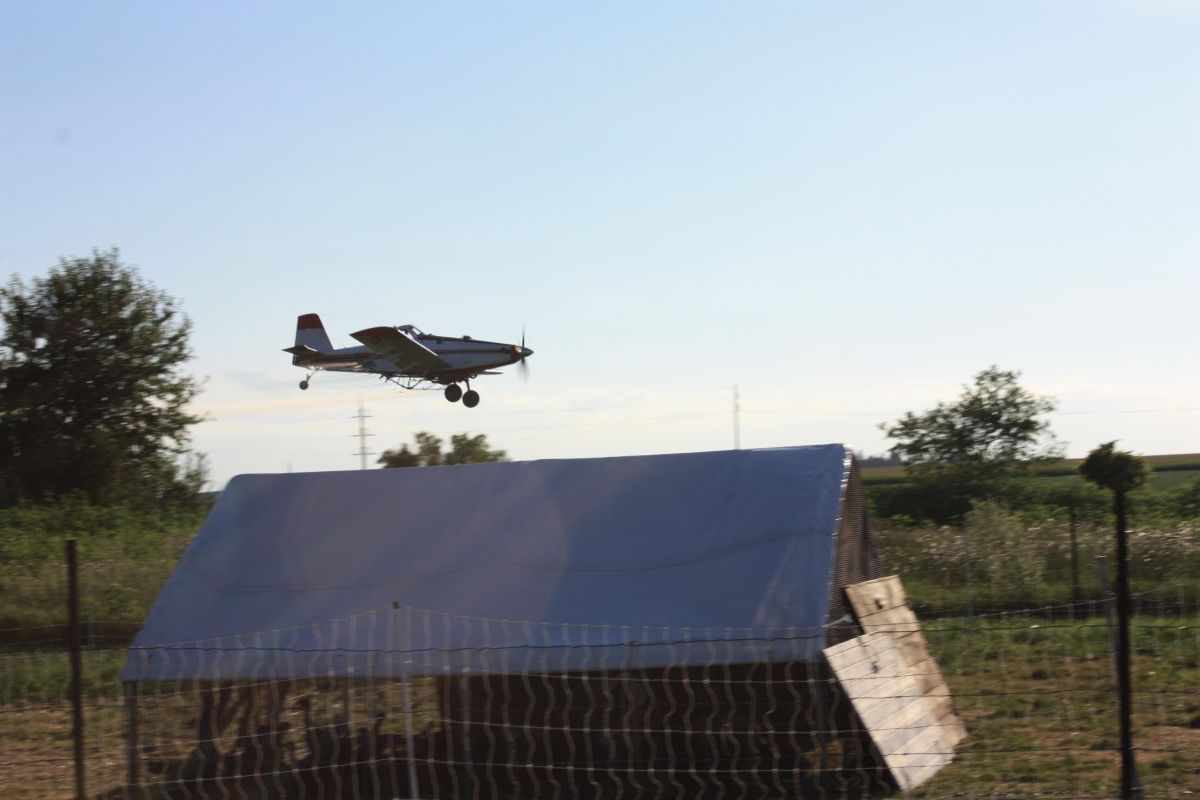
A thousand cuts inflicted each season
In my opinion, there is probably no worse time to be a diversified produce and poultry farm in Iowa than mid-May to mid-June, when herbicides are liberally applied, though we also struggle through the pesticide spraying season in late July and early August. The excessive use of pesticides put our crops at risk, make us concerned our health and for our workers’ health, and raise worries about food safety.
I realize most people are enamored with the beauty of spring and the promise of a summer of fun. After almost two decades of doing this sort of farming, I don’t see it this way. I see this part of the season as the time where I feel like I am dying a death inflicted by a thousand cuts.
I guess the saying implies that they are “tiny” cuts — but I can tell you they come in all shapes and sizes. I looked at my daily farm notes for one week in early June from a few years back and I noticed the following events occurred in this short period of time:
- a windstorm flattened some of our lettuce and peppers.
- a woodchuck ate 15 trays of broccoli and cauliflower plants due to be planted that week.
- another storm dropped four inches of rain on already saturated soil, making it impossible to do any field work.
- the gnats were so bad that we had to cover ourselves completely, even in temperatures in the high 80s to low 90s.
- we discovered that the raccoons were teaching their young to pick off members of our hen flock by creeping through a hole in the fence.
- someone missed watering four trays of squash transplants and they did not recover
- we did not notice a leak in the irrigation inside a high tunnel until a small pond had developed on one end
- a key tractor implement broke while we were trying to complete work before it rained
I think that’s enough for you to get the point.
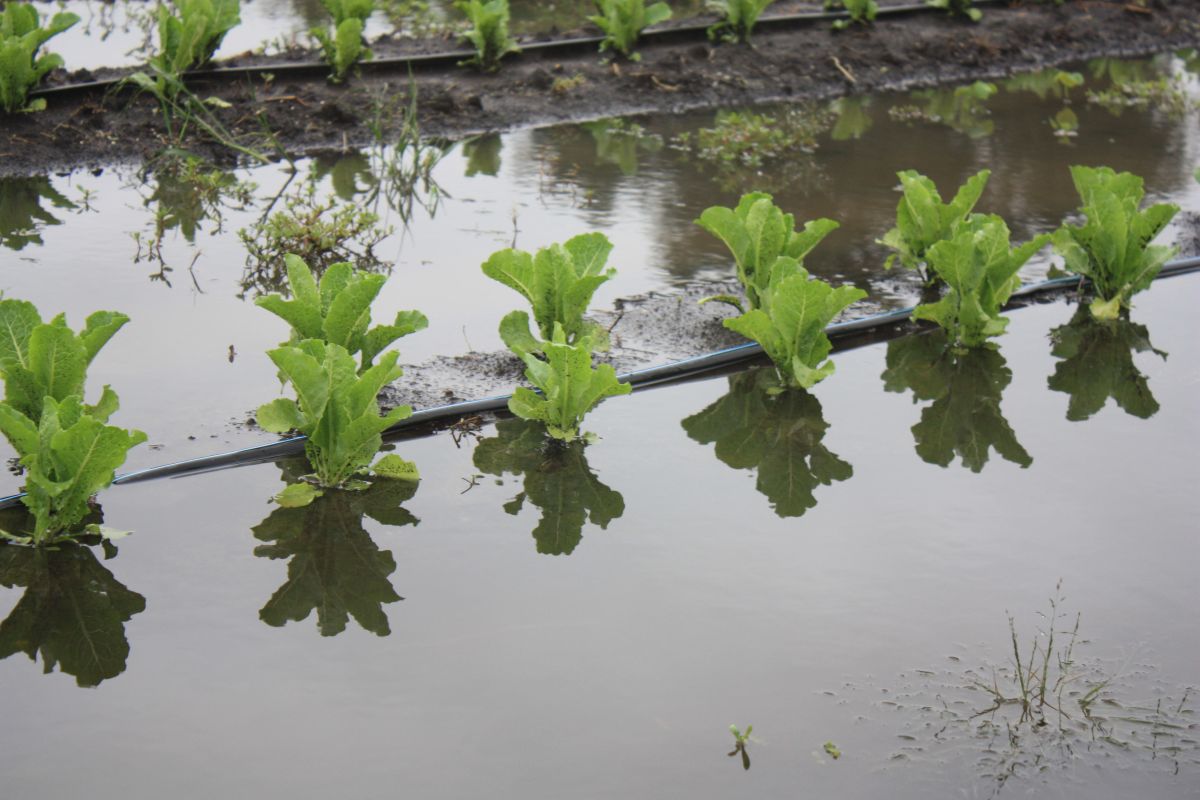
My colleague and friend shared their frustrations regarding the crops they were working so hard to nurture.
“I must be stupid or a complete failure. I’ve been doing this long enough, you would think I could find a way to deal with these problems.”
For a second, my heart broke — even if it didn’t look like it. I heard what this person was saying, and I recognized words I had spoken to myself. And I can tell you that I have often taken these failures (big and small) to heart because it was so very important to me to fulfill my obligations to our customers, to the land, to those who work at the farm, and to all of the other folks who try to grow as we do. All of that responsibility just makes each little cut bleed a little bit more.
A thousand cuts. A thousand tiny cuts will make the most dedicated, intelligent, skilled, and capable person wonder — “Why am I still trying to do this?“
We can all benefit from support
This is why I keep pushing the idea that we need to do better at supporting farms and growers who follow the principles of agroecology.
If we like the idea of working with, rather than against nature. If we prefer to have more and diverse people on the land, working on a smaller-scale that is responsive to the needs of the community. If we see value in food that is grown locally or regionally. If we want food that is raised with fewer chemicals and we want growers who hold on to the highest ethics when it comes to treating workers well, being stewards for the land, and being caretakers for a healthier future.
If we want all of this…
Then we’ve got to stop adding our own small slices to the ten thousand cuts these people suffer so frequently as they try to do the work that they love. On the land that they care for. For the good people they so willingly serve.
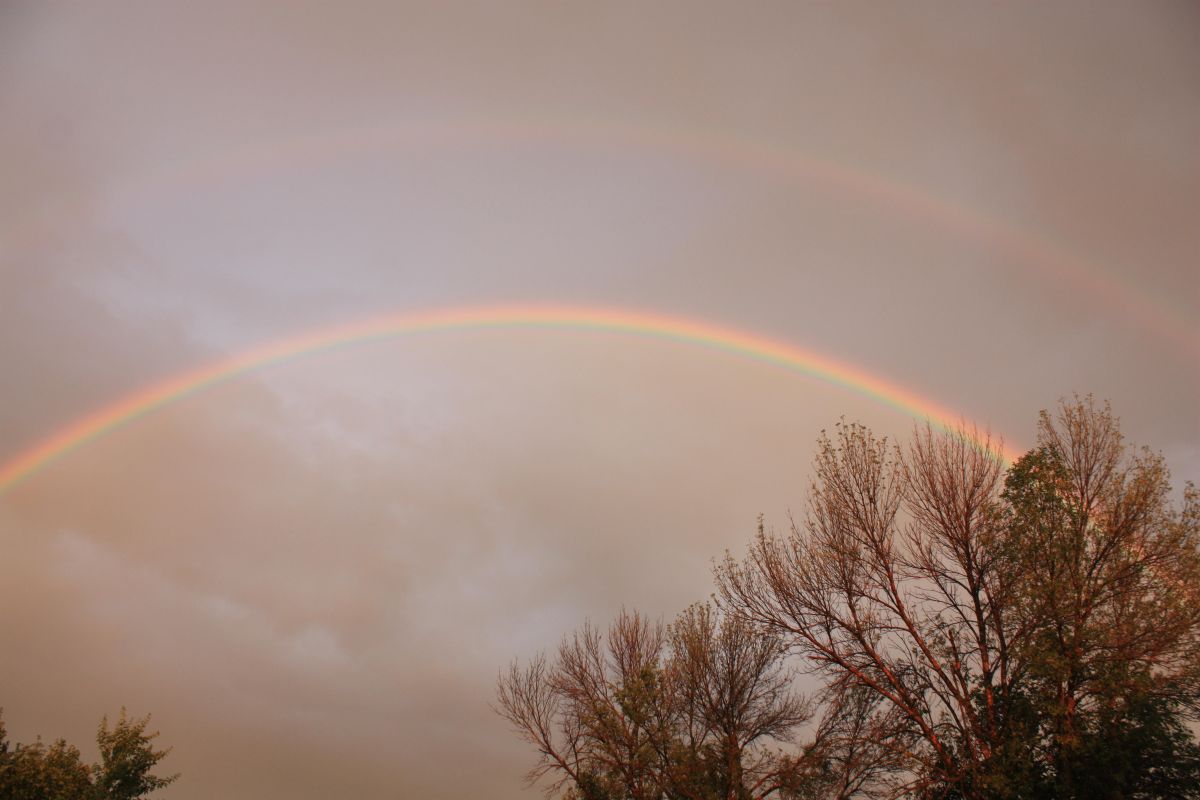
Now, I’m going to share another secret.
Stewards are already quite resilient
Our farm survived that “week of horrors” that illustrated all of the things that can go wrong on a farm like ours. My friend was also able to move forward and will, once again, look back on a reasonably successful season at the end of the year. Stewards of the land often need the full season to get the perspective necessary to get a clearer view.
After all, we DID sign up for those kinds of problems when we took on the job of running our respective farms. Yes, it does get annoying when we lose a crop to rabbits (or some other critter) AGAIN. And, yes, we wonder how we could let it happen once more. Surely we must be too dumb to figure it out.
This is normal frustration speaking. We’re human and this is how it feels during that moment.
We also know that our farms are much more complex than “guard against rabbits” and sometimes the most successful strategies for that particular task are not practical for the moment in time that we are in.
Until the rabbits make us pay too much and we adjust.
The real issues are the additional injuries that could be prevented if our local, regional, national and global communities were willing to provide remedy.
We need to stop supporting corporate farming and chemical-based agriculture. If there were more of us out there doing this small-scaleerse farming thing, we’d have that much more support to get through the rough times. And, we need to remove the possibility of chemical trespass from the list of things that can go wrong on our farms.
We need to be sure those who work on these small farms have appropriate health care and appropriate resources, such as capital for necessary tools and clean water and quality land. We need to adopt size-appropriate regulations that don’t define “small business” as anyone under $40 million in sales.
And we need to put these small-scale, diversified producers back in the front of the line when it comes to supplying people with the foods that they eat.



